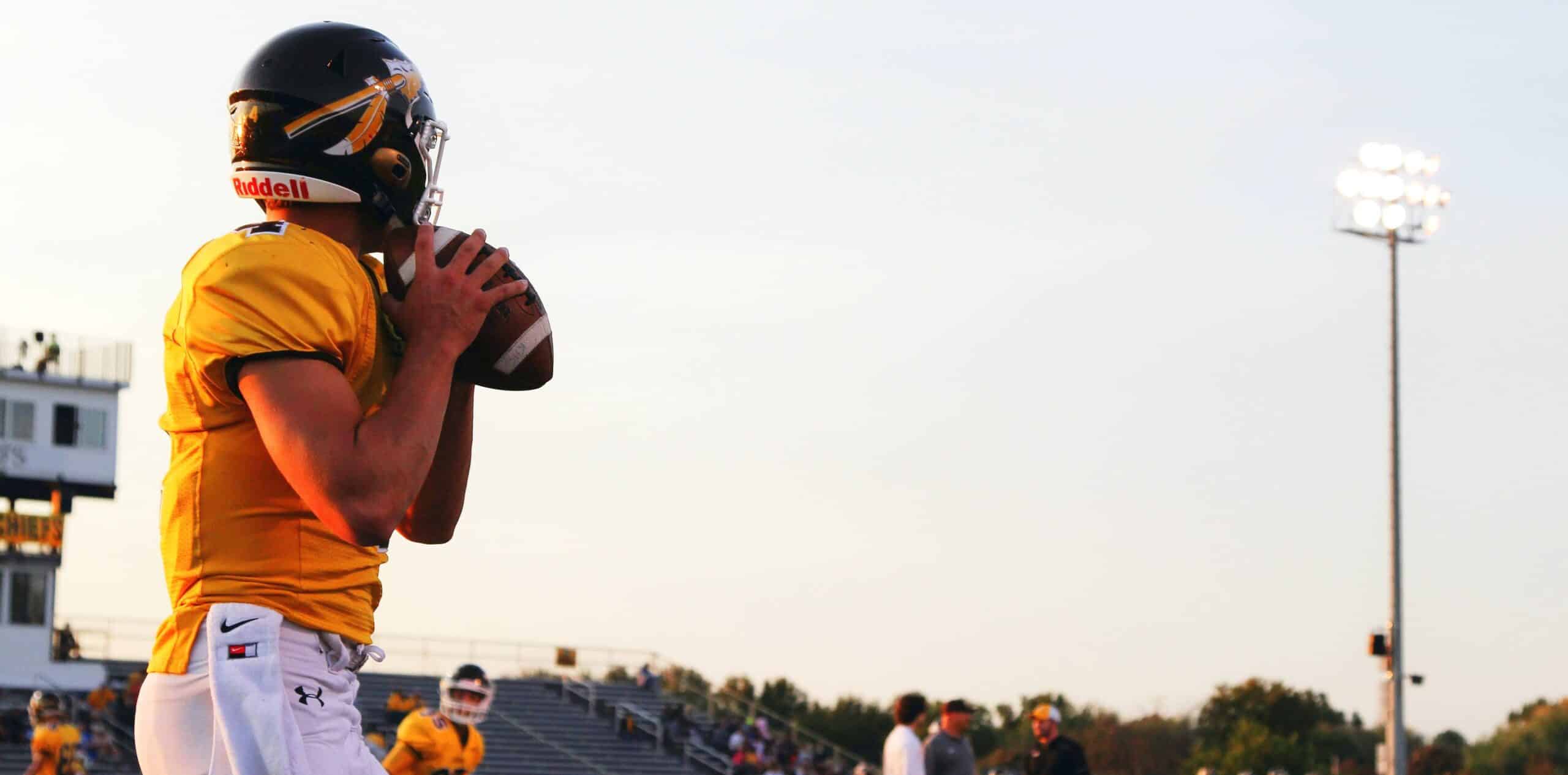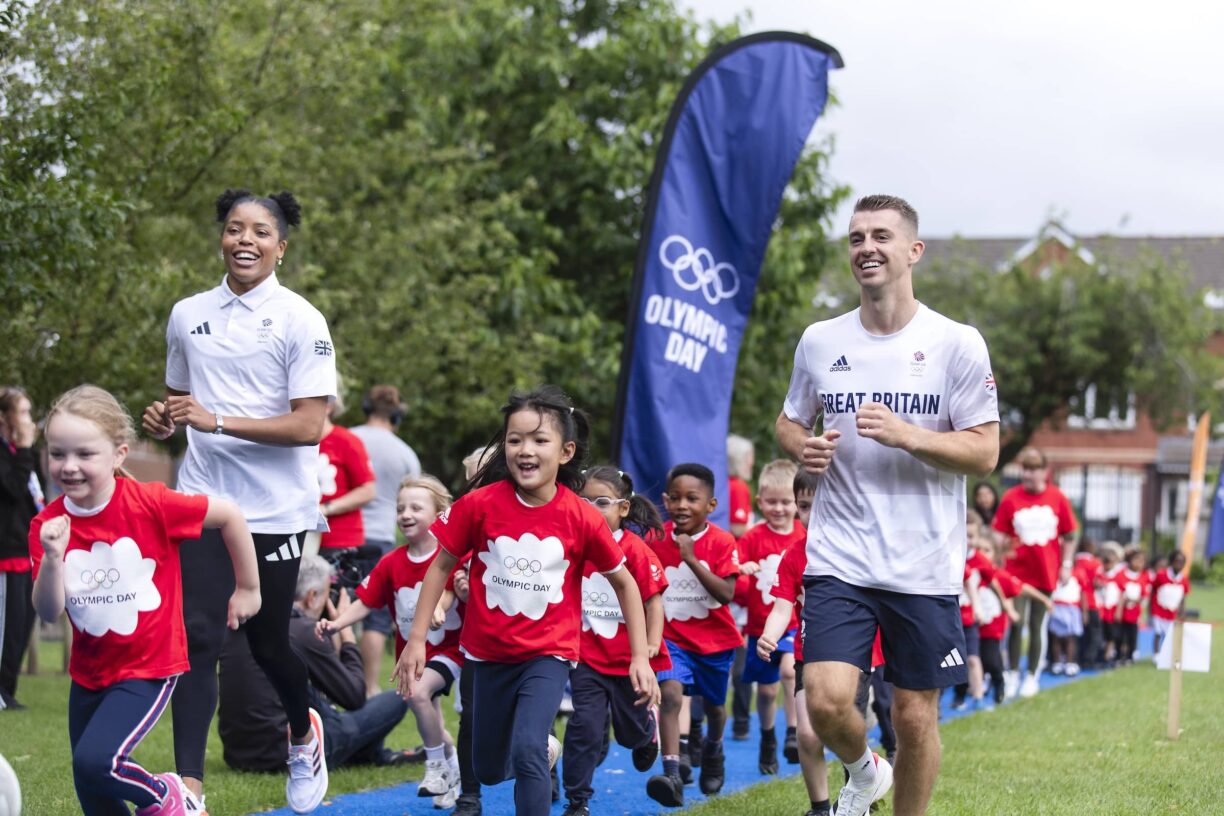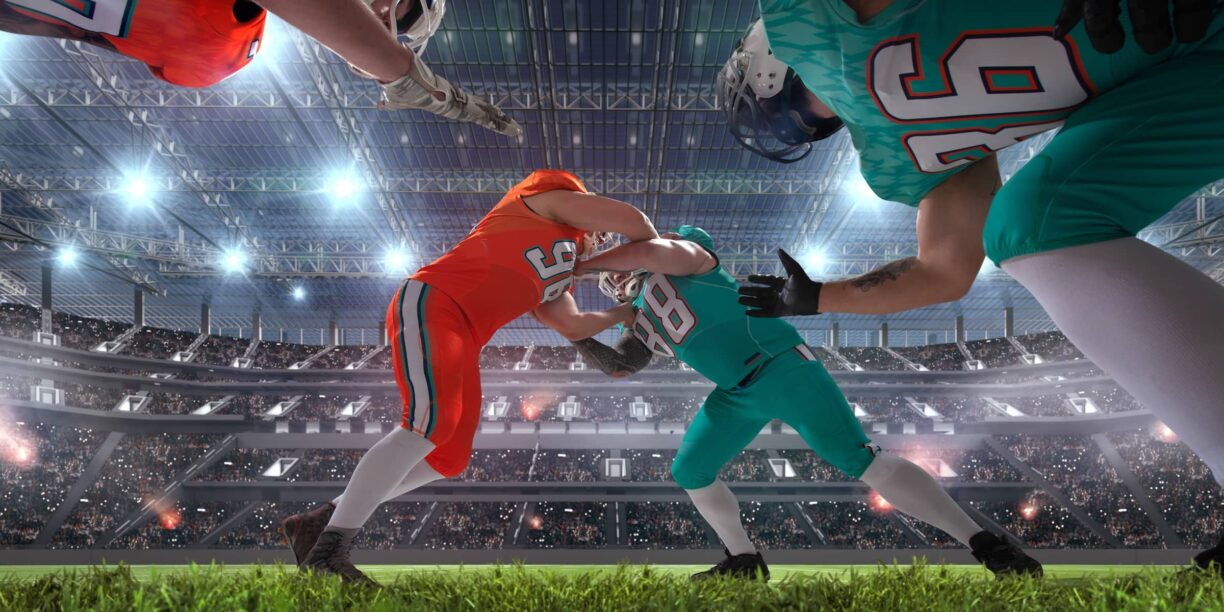Pittsburgh Steelers quarterback Kenny Pickett, Miami Dolphins quarterback Tua Tagovailoa, and New York Giants quarterback Tyrod Taylor are only some of the NFL players whose health and career have been affected by a head injury just this season.
And, while concussions are often misdiagnosed or underestimated in the American Football landscape, these injuries can have a profound impact on a player’s performance and well-being.
The updated concussion protocol released in October 2022 aims to prioritize the health of players over their return to participation and safeguard their careers in the long term.
Here’s what’s changed.
In Numbers: Head Injuries on American Football Fields
Head injuries have always been a major concern in the American football industry. But while advances in material technologies have meant that players are better protected against blows to the head, the number of concussions doesn’t seem to be dropping.
Just in the current NFL season, several quarterbacks of leading NFL teams, including Tua Tagovailoa, Teddy Bridgewater, and Brian Hoyer have reported severe injuries. But, taking a more comprehensive look at the state of the industry, more unsettling insights emerged:
- More than 100 ex-NFL players have received a postmortem diagnosis of chronic traumatic encephalopathy (CTE).
- Nearly 100% out of 202 deceased NFL players were reported to have a brain disorder as a result of repeated blows to the head.
- In the 2015 NFL season (including preseason games) over 275 concussion incidents were reported during games and practices, making head injury the most common type of injury in American Football.
- Between 2002 and 2007, there were an average of 0.4 concussions per day, and over 83% of players who reported a concussion returned to play within 7 years.
- According to studies, NFL players who started their careers before the age of 12 performed lowly in cognitive assessments.
What a Concussion Might Mean for a Professional Football Player
Although the severity of head injuries is often underestimated and players are encouraged to return to participation within the shortest possible time, concussions can have long-lasting effects on a player’s health, performance, mental well-being, and career.
According to studies conducted on deceased NFL players, their brains showed obvious signs of repeated head trauma, CTE, and neurodegeneration.
These conditions are known to have a cascade of consequences, including reduced impulse control, anger management issues, memory loss, depression, loss of judgment, and dementia.
Even more importantly, that these symptoms appear within minutes or hours is only one of the myths about concussions: they can appear up to 10 years after the player has reported the injury.
The Updated Concussion Protocol: What You Need To Know
Given the gravity of the situation, in 2011, the NFL Head, Neck, and Spine Committee introduced the NFL Gameday Concussion Diagnosis and Management Protocol.
Although this program has been effective in slightly reducing the number of head injuries reported by players during the following seasons, concussion incidents are still high and players are still encouraged to resume playing shortly after a blow to the head.
After the injuries reported during this NFL season, the Players Union and the NFL management have agreed on introducing more stringent assessment measures.
Thanks to the recent updates introduced in October 2022, players can now receive care that is in line with today’s medical consensus and treatment standards. What’s more, if a player shows signs of ataxia, he will not be allowed to return to the game.
What To Do if You Suffer a Brain Injury
If you suffer a brain injury, it is crucial to know what your rights are and how to protect your health as a person – and your career as an NFL or professional player. Here is what you need to know.
Find an Experienced Brain Injury Attorney in Your Area
The first step is to find an experienced brain injury attorney in your area. For example, if you play with the Gainesville Red Elephants, finding an attorney to work within the Gainesville area can ensure that your chosen legal team will have a thorough knowledge of the local laws.
Work With a Neurotrauma Consultant or Specialized Neurologist
Although you and your team might be working in close collaboration with a neurotrauma consultant, make sure you always obtain a second opinion about a head injury. Consulting a trusted neurologist can help you better understand the severity of the situation and make better decisions for your career.
Consider Your Health and Safety as a Priority When Returning To Play
In the NFL world, players are often pushed to return to the field as quickly as possible. However, ultimately, the decision is all yours! Make sure you have all the information needed to make the smartest choice for your career and personal health.





